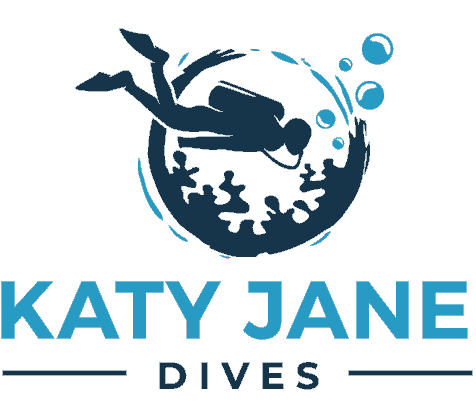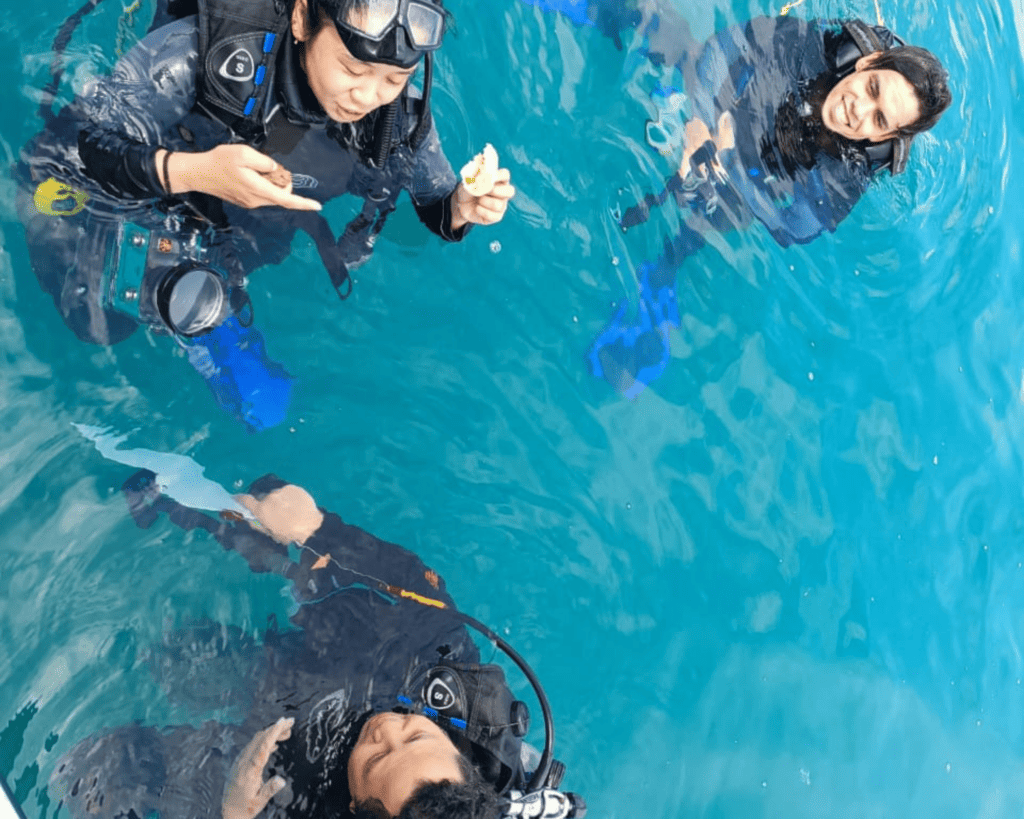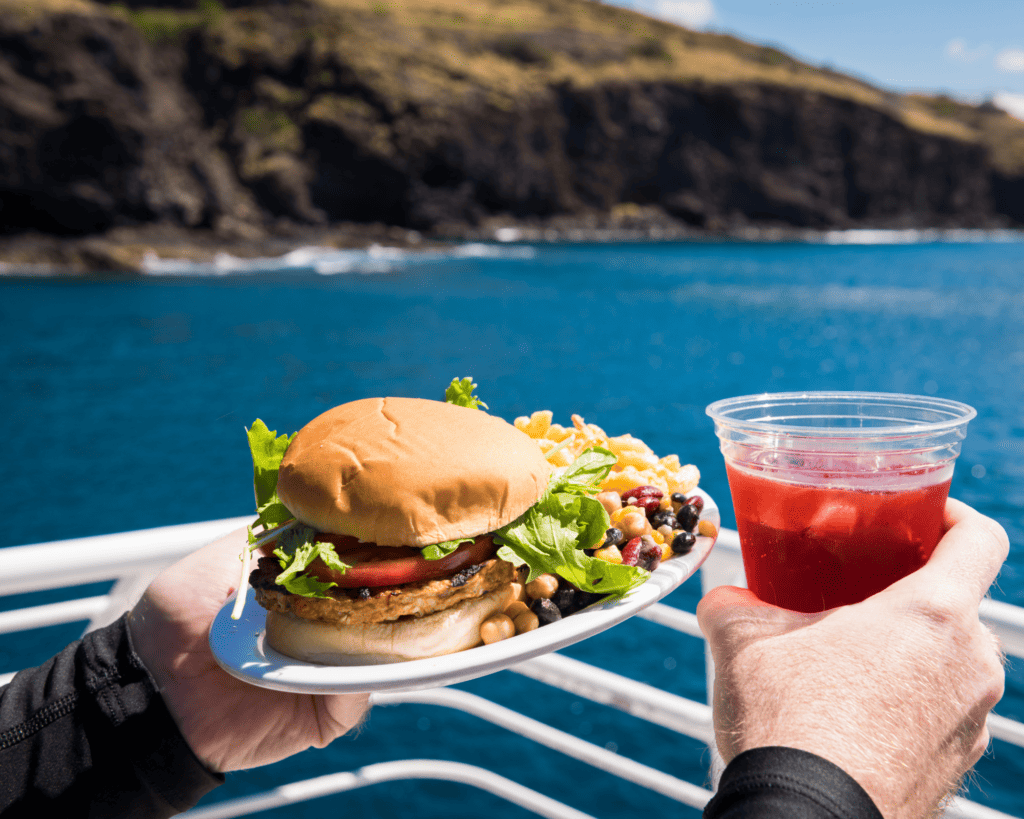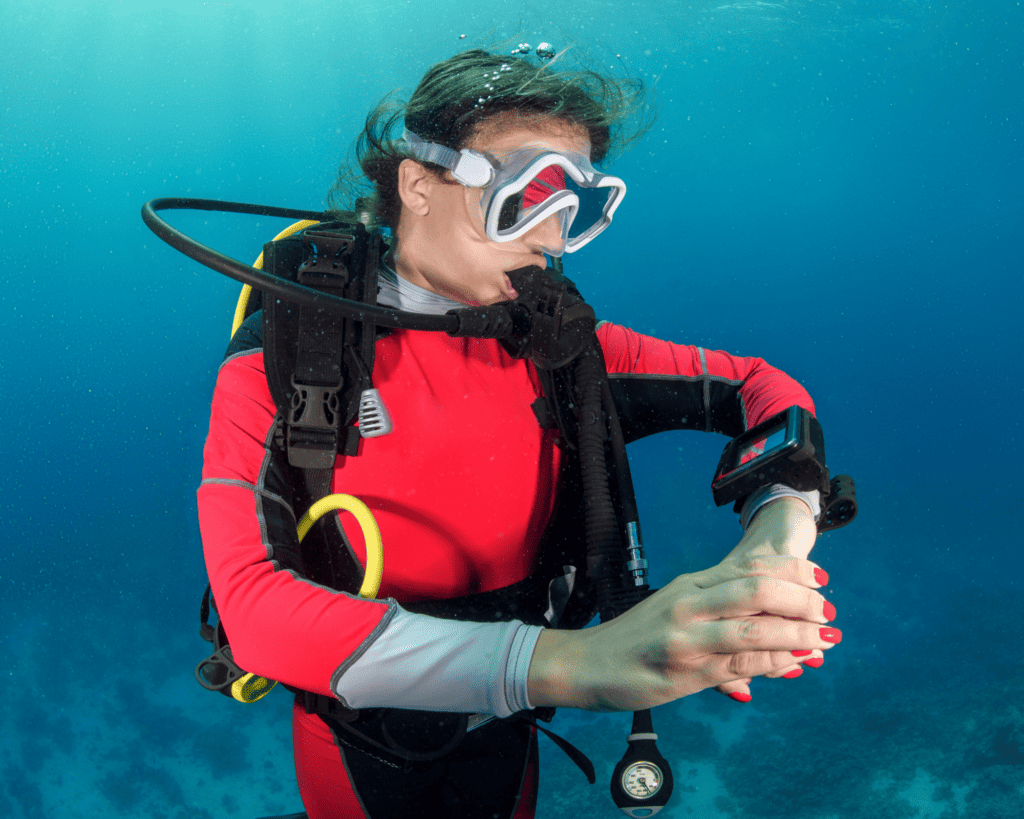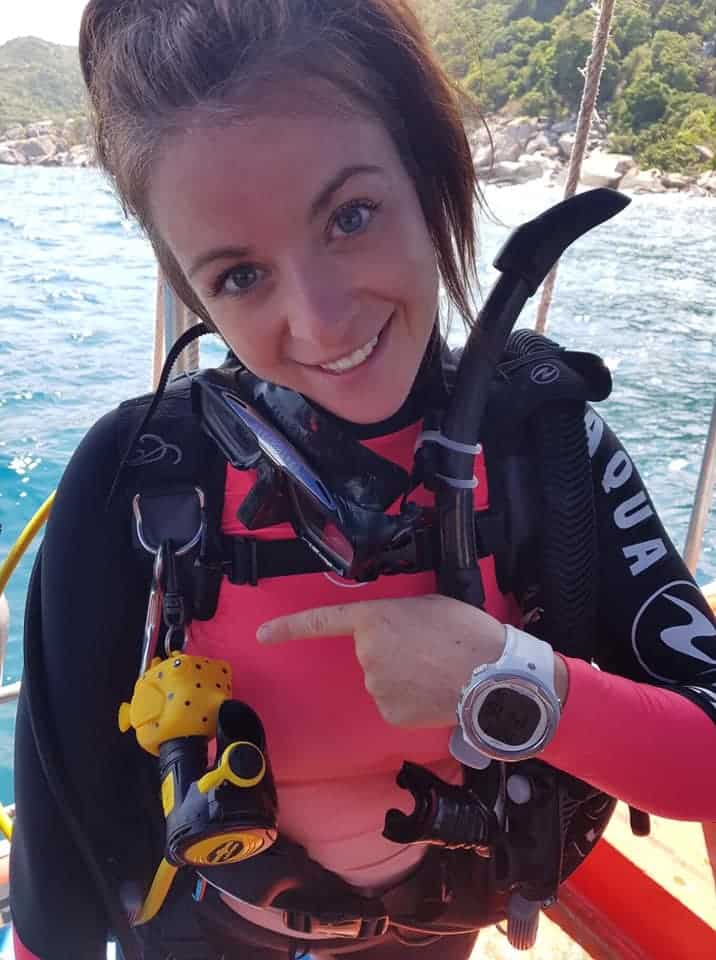
Written by Katy
Thank you for reading. I started KatyJaneDives.com to share my passion for diving. I am an environmental educator, scientist and now an MSDT diver.
This platform has been made to create, connect and share my knowledge in the world of diving.
AS SEEN in DiveIn, Columbia & Women In Ocean Science
